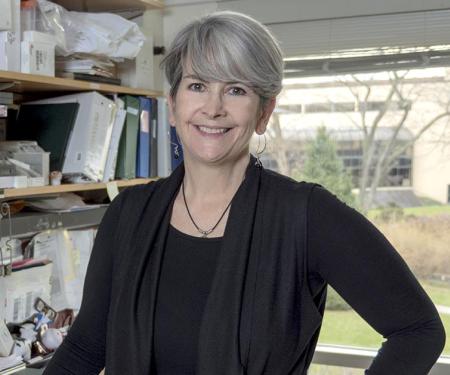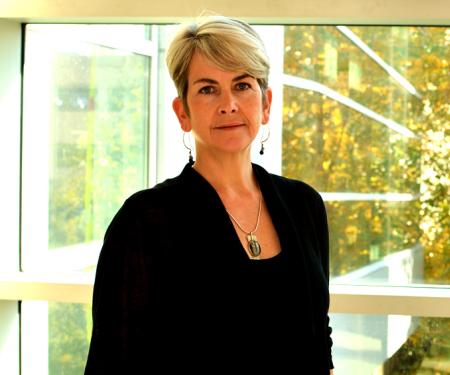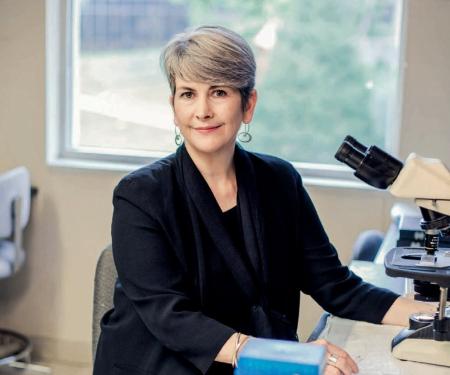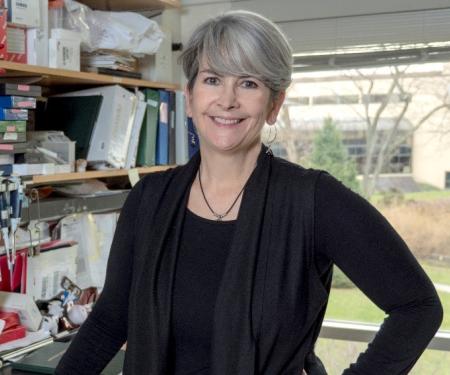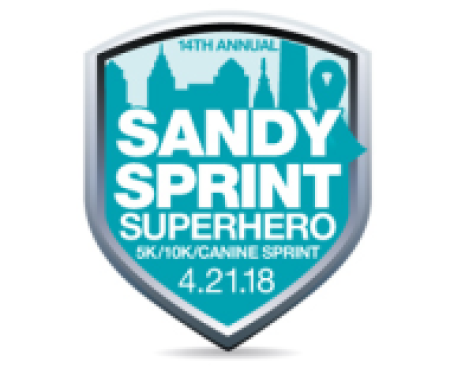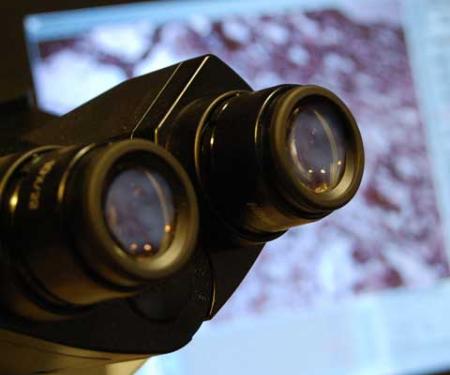This Fox Chase professor participates in the Undergraduate Summer Research Fellowship.
Learn more about Research Volunteering.
Related Articles
00 / 00

This Fox Chase professor participates in the Undergraduate Summer Research Fellowship.
Learn more about Research Volunteering.
Associate Professor
Associate Chief Scientific Officer
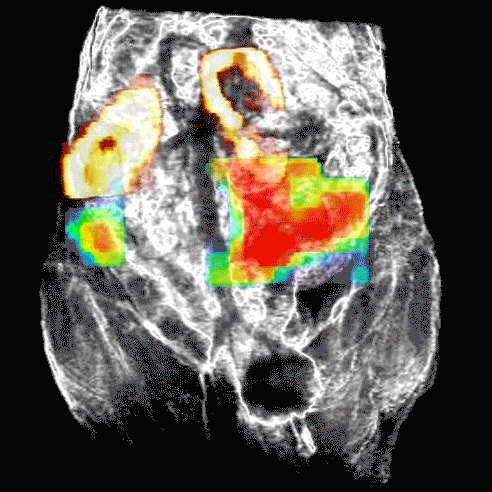
The overall goal of our research is to discover ways to improve the treatment of epithelial ovarian cancer (EOC). Most cases of EOC are diagnosed at advanced stage when disease has spread beyond the ovary. From a clinical standpoint, EOC metastases and ascites production are perhaps the most significant cause of morbidity and mortality in patients because they can affect multiple vital organs in the abdominal cavity. At present, the cellular mechanisms regulating EOC metastasis remain only partially understood. Our laboratory is interested in defining molecular mechanisms that contribute to peritoneal dissemination of ovarian cancer cells to identify targets for therapeutic intervention in patients. Using a combination of in vitro and in vivo approaches, we hope to better understand EOC tumor biology at the cellular level as well as disease development and progression in animals. To facilitate our studies, we have developed a variety of transgenic and novel patient-derived mouse models of EOC. Several projects in our laboratory are focused on the cellular pathways involved in ovarian cancer cell migration, attachment and invasion with the ultimate goal of identifying therapeutic agents that inhibit the spread of ovarian cancer.

Connolly DC, Hensley HH. Xenograft and Transgenic Mouse Models of Epithelial Ovarian Cancer and Non Invasive Imaging Modalities to Monitor Ovarian Tumor Growth In situ -Applications in Evaluating Novel Therapeutic Agents. Curr Protoc Pharmacol 2009;45:14 2 1- 2 26. PubMed
Hensley H, Quinn BA, Wolf RL, Litwin SL, Mabuchi S, Williams SJ, Williams C, Hamilton TC, Connolly DC. Magnetic Resonance Imaging for Detection and Determination of Tumor Volume in a Genetically Engineered Mouse Model of Ovarian Cancer. Cancer Biol Ther 2007;6. PubMed
Connolly DC, Bao, R., Nikitin, A.Y., Stephens, K.C., Poole, T.W., Hua, X., Harris, S.S., Vanderhyden, B.C., Hamilton, T.C. Female mice chimeric for expression of the SV40 TAg under control of the MISIIR promoter develop epithelial ovarian cancer. Cancer Research 2003;63:1389-97. Collapse
This Fox Chase professor participates in the Undergraduate Summer Research Fellowship.
Learn more about Research Volunteering.
